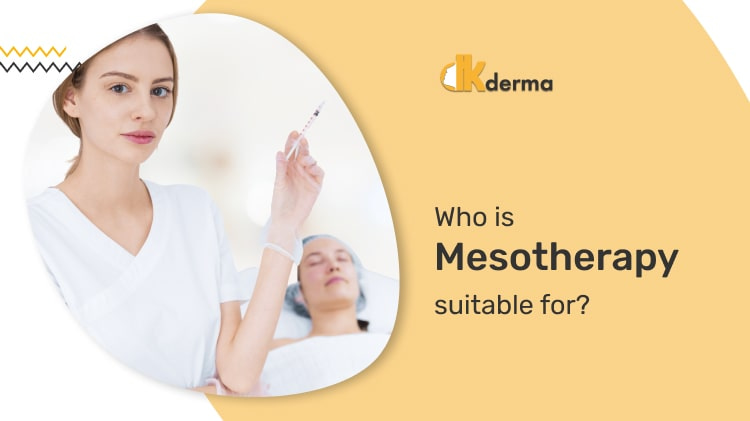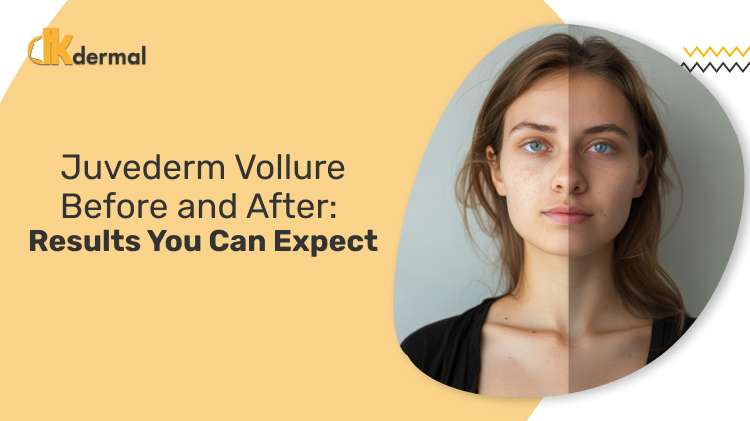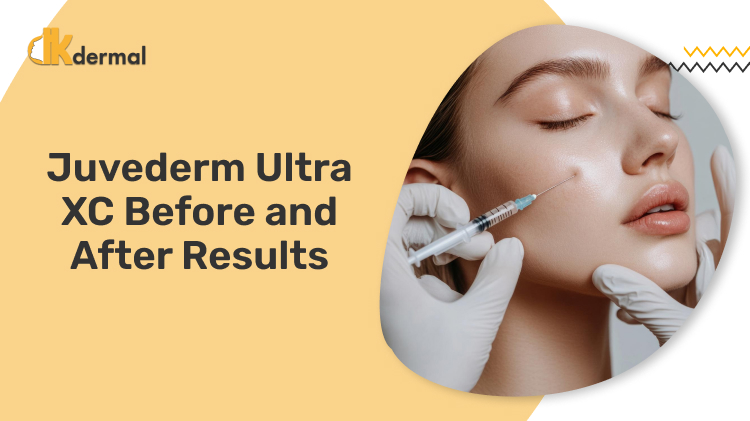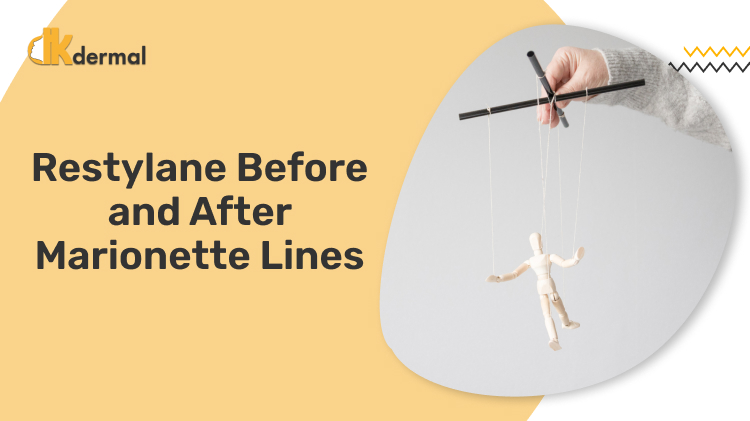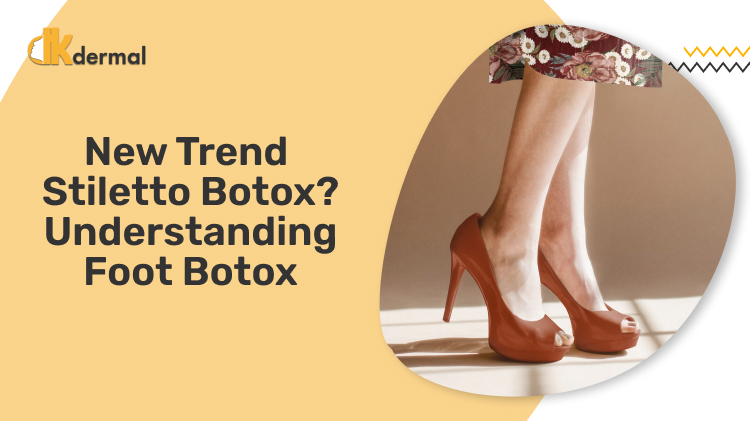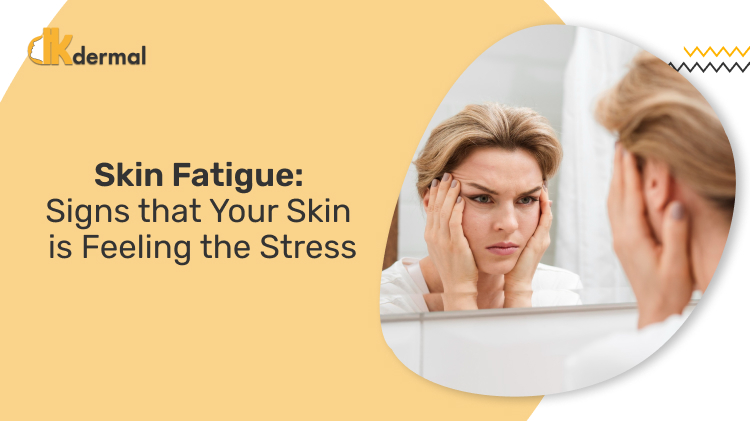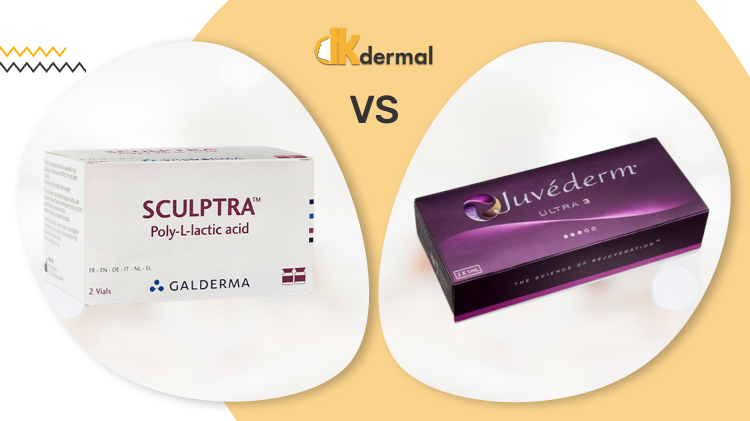Mesotherapy treatment is an incredibly popular cosmetic procedure. The cosmetologists recommend it to patients of various ages and with different problems, but is it really that universal and suitable for everybody.
What is mesotherapy? This kind of bio revitalization, better known as mesotherapy, is a procedure for injecting pharmaceutical and homeopathic medicines, hyaluronic acid, plant extracts, vitamins, and other ingredients into the subcutaneous tissue. The introduction of drugs is carried out using a syringe with a thin needle to a depth of 2 mm, with a distance between punctures from 0.5 to 2 cm. The technique of injecting drugs into the hypodermis was born in 1952 in France, it was first used by the doctor Michel Pistor to relieve pain in patients. The term “mesotherapy” was coined by the French press in 1958. The French National Academy of Medicine recognized mesotherapy as a clinical specialty in 87 of the last century.
Let us analyze deeper what mesotherapy is, what problems it can deal with, and whether it may be right for you or not.
What Types of Mesotherapy Treatment are there?
In modern cosmetology, subcutaneous mesotherapy microinjections are used for:
- removal of fat in the buttocks, thighs, legs, arms, abdomen, neck, and face;
- reducing cellulite;
- skin tightening;
- removing wrinkles;
- lightening age spots and scars;
- fight against alopecia and improvement of the hair growth;
- acne treatment.
If you have any of these problems, you may consider mesotherapy treatments as their possible solution.
You can buy mesotherapy products at the Dkdermal website.
Preparations for Mesotherapy Treatment
Mesotherapy is aimed at correcting such important problems as poor circulation, vitamin deficiencies, and inflammation that lead to skin damage. In injection cosmetology there is no standard formula for substances injected under the skin, therefore meso cocktails are prescribed individually for each specific case. The cost of the procedures depends on the price of drugs and the number of injections. To create cocktails, you can use:
- antibiotics and vasodilator drugs;
- hormonal drugs such as calcitonin and thyroxin;
- minerals and vitamins;
- enzymes such as collagenase and hyaluronidase;
- plant extracts;
- hyaluronic acid and amino acids.
Mesotherapy Indications and Contraindications
The indications for the procedures can be very different, we will list the main ones:
- dryness and dullness of the skin;
- wrinkles on the face and décolleté;
- decreased skin elasticity;
- scars and pigmentation changes;
- rosacea;
- photoaging;
- profuse hair loss or slowing down of hair growth;
- cellulite.
Acid mesotherapy, as well as the introduction of growth factors such as peptides, antioxidants, and trace elements, stimulate skin fibroblast cells to produce more collagen and elastin and fight the signs of aging. A typical meso cocktail can contain up to 50 ingredients to nourish, repair, and rejuvenate the skin.
There are cocktails that control pigment production and help reduce unwanted pigmentation. Mesotherapy with hyaluronic acid with the addition of other components helps not only to relieve inflammation and “fade” acne scars but also to fill the “cavities” left after acne to the desired volume.
Why do you need mesotherapy for hair loss? Everything is very simple thanks to microinjections, blood circulation improves, and a large amount of nutrients enters the hair follicle, which improves its work, and also awakens the “dormant” bulbs.
Specially selected preparations for mesotherapy allow you to fight against such unpleasant phenomena as cellulite and fatty deposits. Fat-soluble enzymes break down the fat cell wall, releasing fat and allowing it to be reabsorbed by the lymphatic system and excreted from the body.
Mesotherapy is suitable for all skin types and has practically no contraindications, however, there are still some limitations. So, doctors advise to approach the procedures with caution if the patient has:
- Epilepsy – injections can lead to seizure symptoms
- Hemophilia – even ultra-fine needle can cause bleeding in people with bleeding disorders
- Treatment with medications, such as tetracyclines, fluoroquinolones, and others, increase the photosensitivity of the skin. After the procedures, patients may experience punctate hyperpigmentation
- Feaver
- Pregnancy and lactation
- Minor age
- Individual intolerance to one of the components of the drug
- Allergy tendency.
If you have any of these conditions, unfortunately, mesotherapy treatments are not right for you.
Duration of the Procedure and Possible Side Effects
Treatment is relatively quick, but the duration depends on each specific case. Most often, the duration of the session is from 20 to 40 minutes. Side effects are usually very limited, and boil down to:
- the formation of swelling at the puncture sites;
- slight irritation and itching;
- temporary increase in skin sensitivity;
- redness;
- the appearance of bruising and small bruises;
- in rare cases, some patients have noted the appearance of nausea.
All these reactions after the treatment disappear quickly, and many people get to work immediately after it’s done. Some people need one or two days to recover.
How is the Treatment with Mesotherapy Carried out and what is the Aftercare?
After the problems are identified at the preliminary consultation, the specialist will select the necessary composition of the meso cocktail. The patient should inform about the existing diseases or health problems, possible allergic reactions, and whether he/she is currently taking any medications. The process for the introduction of the medicinal composition is carried out after antiseptic treatment and the application of local anesthesia. The number of injections and surface area depends on the goals that the patient wishes to achieve. After the treatment, the skin is re-treated with an antiseptic, and soothing creams are applied to its surface. After mesotherapy, the skin does not need special care, but the patient is asked to take some precautions. So, for example, after face mesotherapy, the doctor advises not to wash for a certain time, not to touch the skin with your hands, not to apply any cosmetics. In each case, there are some small restrictions, the implementation of which will not lead to long-term discomfort.
Benefits and Cons of Mesotherapy
Like any method of interfering with the work of the body, mesotherapy has its supporters and opponents. Most often, the opponents of mesotherapy are plastic surgeons, since the procedure is a non-surgical alternative to plastic surgery for patients. Many also consider the disadvantages that some cocktail preparations are created artificially, which is why they are considered not natural and can be poorly tolerated by patients. However, no matter how opposed to the injections are, the results of mesotherapy before and after are visible to the naked eye, and this becomes the biggest plus for many patients. Another disadvantage of mesotherapy is the price. Indeed, the cost of mesotherapy cannot be called low, however, the results are in many ways superior to other methods of treatment, therefore, they are justified.
To Sum Up
The usage of meso injections for skin rejuvenation is extremely wide. Many patients report the incredible benefits of mesotherapy for fighting age-related facial changes due to the boost of collagen and elastin production, the evening of skin relief on the abdomen, thighs, and buttock, reduction of acne marks, and scars, and generally positive impact for beautiful and healthy skin. If your age is 18 and up and you do not have any of the above-mentioned contraindications, you together with your cosmetologist may consider mesotherapy as a safe and effective solution to the appearance you currently face.
